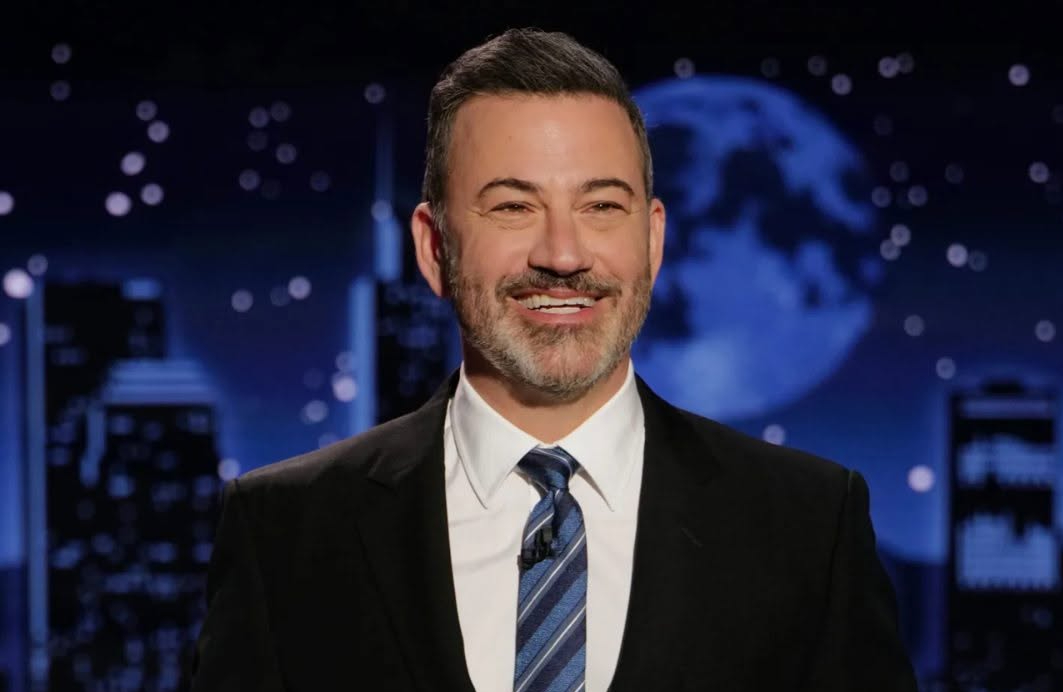License to Silence: How FCC Threats Are Undermining the First Amendment
The abrupt removal of Jimmy Kimmel Live! from the schedules of many local ABC-affiliated stations following pressure from the Trump administration has sent shockwaves through media and politics alike. On the surface, this may look like just another late-night controversy. But beneath the headlines lies a far more alarming reality: America’s free speech protections are being tested like never before by the weaponization of government regulatory power.
The Weaponization of Licensing: A Clear Quid Pro Quo
This incident raises the question: was the network’s move about protecting the public interest, or was it about regulatory coercion?
The evidence points to the latter. It wasn't ABC that initially suspended the show; it was powerful local station groups like Nexstar Media Group and Sinclair Broadcast Group that preempted the broadcast from their affiliates, forcing the network's hand. These corporate giants are not acting out of spontaneous moral outrage. Nexstar, the largest owner of local TV stations, is currently seeking FCC approval for its multi-billion-dollar merger with Tegna. Sinclair, a long-time advocate for relaxed ownership rules, also requires regulatory latitude. The pattern is becoming clear: just weeks ago, CBS ended Stephen Colbert’s Late Show under similar political pressure, after repeated attacks from Trump and FCC leadership made his position untenable.
When the FCC Chair openly threatens broadcasters with license scrutiny for content critical of the administration, and major licensees immediately comply, the message is clear: the right to broadcast is conditional upon political loyalty. Their eagerness to silence Kimmel wasn't about professional standards—it was about securing their corporate future by currying regulatory favor.

Jimmy Kimmel
The Double Standard: Censoring Criticism, Amplifying Support
Charlie Kirk, the conservative activist whose recent death sparked the controversy, built his career on provocative rhetoric, much of which critics have described as divisive and inflammatory. He was given national platforms to broadcast those views, no matter how offensive they might be.
Meanwhile, when Jimmy Kimmel made a pointed—if crude—observation about the political exploitation of Kirk’s death, the result was immediate corporate censorship. Kimmel’s comment accused the "MAGA gang" of "desperately trying to characterize this kid who murdered Charlie Kirk as anything other than one of them" and compared President Trump’s reaction to "how a 4-year-old mourns a goldfish."
The inconsistency suggests the standard is not about public decency; it’s about viewpoint discrimination enforced by state and corporate power. Speech critical of the powerful is being censored, while harsh, often indecent, attacks against political opponents supporting the administration are amplified. That’s not democracy—that’s control.
The Chilling Effect on Local Journalism
At its core, free speech is not about protecting speech we all agree with; it’s about protecting the uncomfortable, the critical, and the controversial.
The Federal Communications Commission (FCC) is legally barred from censoring broadcast content. Its power is limited to technical licensing rules and the vague "public interest" standard that governs the eight-year license renewal cycle. However, the threat of an FCC investigation—even a baseless one—is enough to bring broadcasters to heel.
As FCC Commissioner Anna M. Gomez, the lone Democratic commissioner, explicitly warned: "The First Amendment does not allow us… to tell broadcasters what they can broadcast." Yet, that is precisely what is happening.
The result is an undeniable chilling effect. As one local station manager confessed to Commissioner Gomez, they are instructing reporters to be "extra careful" about how they describe the administration because they fear being "dragged before the FCC and investigated." Media companies, already under financial strain, are cornered into compliance. The final outcome is not just the loss of a late-night joke, but the erosion of local news integrity and a profound narrowing of public discourse.

Jimmy Kimmel
What’s Next for America’s Freedoms?
The removal of Jimmy Kimmel Live! is more than a media story. It’s a warning flare that demands attention from every citizen and every business leader who relies on an open market of ideas.
This incident is not a battle of comedians; it is a test of whether the First Amendment can withstand the pressure of regulatory coercion. If media companies prioritize securing corporate mergers and clean balance sheets over the constitutional right to criticize power, the American public will be left with an increasingly sanitized narrative, where dissent is simply too expensive to broadcast.













